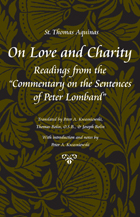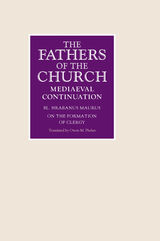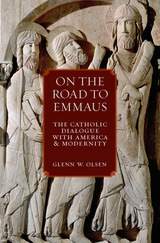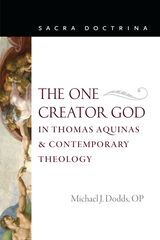Cloth: 978-0-674-60901-3
“At the turn of the present century, when the idea of a transition from an age of scarcity to an era of abundance was first explored by a few American social scientists, the overwhelming weight of professional and lay opinion in Europe and the United States defended the assumption of scarcity. When Simon Patten articulated his belief that enough goods and services would be produced in the foreseeable future to provide every human being with the requisites for survival, he was a lonely forerunner of the present tenuous consensus… For a generation, the concept of abundance was synonymous with Simon Patten. He raised issues which still disturb those who speculate about ways to improve the quality of American life.”—from the Introduction
Simon Patten was professor of economics at the Wharton School of the University of Pennsylvania from 1887 until his death in 1917. Throughout his working life he sought to justify his conviction that men could create and sustain an age of abundance by developing appropriate restraints. He was an early believer in the enforcement of contract laws that were pro-labor, in the limitation of consumer credit, and in restraints on speculation. He insisted that progress was hindered mainly by ignorance and prejudice, which could be overcome by a higher standard of living, by education, and by increased opportunity for everyone. Patten’s activities coincided with the growth of philanthropy in America, and he was one of the earliest promoters of professional social work.
In The New Basis of Civilization, originally published in 1907, Patten tried to modify traditional assumptions about the permanence of poverty, the effects of a more equitable distribution of wealth, and the possibility of substantial improvements in the standard of living. The new basis of an abundant civilization required, in his view, new strategies and tactics for planning and implementing social change.
In his Introduction, Daniel M. Fox examines the reasons Patten accepted the idea of abundance half a century before it achieved popularity, and shows how the concept of abundance became part of the way a significant number of Americans look at the world.












